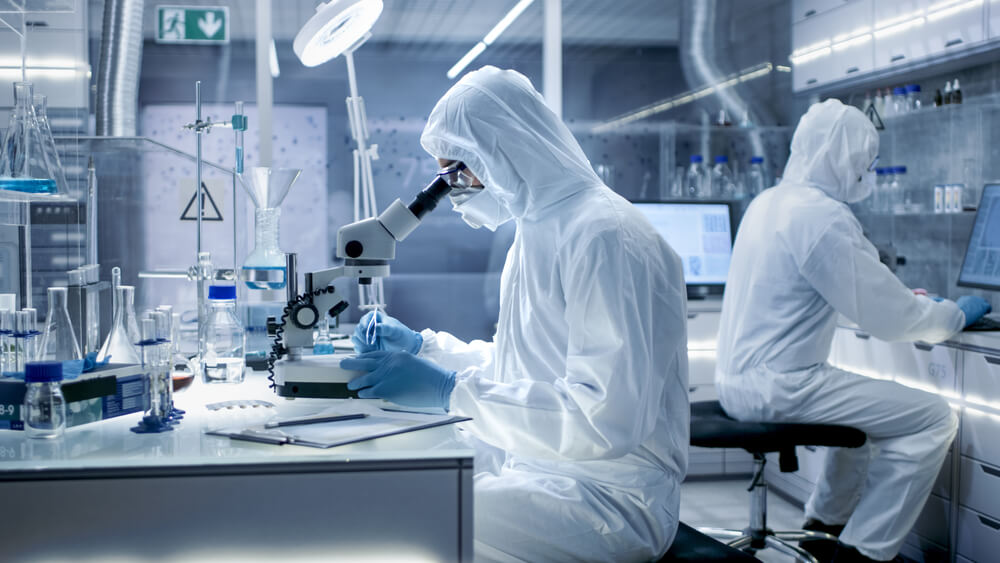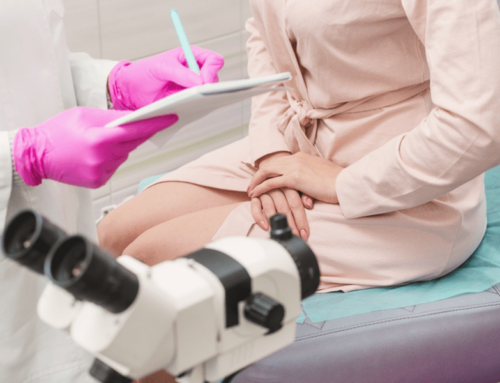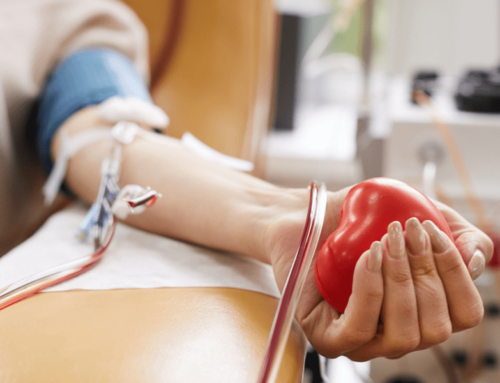As a board-certified Obstetrician and Gynecologist, Dr. Frank Trogolo is specialized in minimally invasive gynecologic surgery, diagnostic laparoscopy, operative hysteroscopy, laparoscopic hysterectomy, general obstetric care, and preventative medicine. Dr. Trogolo has been in practice for over 15 years and would like to share his knowledge about genetic cancer screenings and cancer screenings in general.
What Are Cancer Screenings?
Asking cancer questions can save lives, and one of the most common and most essential questions are about cancer screening tests. The most straightforward answer is that cancer screening tests check a patient’s body for cancer cells. Regular screenings can help catch early signs of the disease, which is vital for future treatment and signs you don’t have cancer.
The cancer questions don’t stop here. Generally, there are still quite a few things you should know. For instance, there’s the info regarding the best time and frequency of cancer screenings, and how genetic cancer screenings are related. So, we will help you and answer the most frequent questions about these important topics.
What Are the Recommended Cancer Screenings?
The recommended cancer screenings by the American Cancer Society are those for breast cancer, cervical cancer, colon and rectal, and prostate cancer. Those at a higher risk of developing endometrial or lung cancer should also attend regular screenings.
How Often Are Cancer Screenings Needed?

Cancer screening tests should be done regularly, but there isn’t a definitive time frame for everyone. The frequency of screenings depends on various factors, like age and the type of cancer. It will help if you talk to your health care provider to know which is the right option for you.
Breast cancer: A yearly mammogram should be done from age 45 to 54, and after that, you can do it every other year. If there is a chance of a higher risk of cancer, the regular tests should begin from age 40.
Cervical cancer: One of the ways to detect cervical cancer is with a Pap test, and women between ages 21 and 29, should do it every three years. After that, until the age of 65, they should do it every five years.
For other types of cancers, you can consult with your health care provider to see if you need and when you should do a cancer screening, especially if you are at higher risk of developing cancer.
How Can I Know if I’m at Higher Risk of Developing Cancer?
Some of the common risk factors of developing cancer are:
Age: As you get older, the risk of developing cancer increases, so you should do cancer screenings more frequently for those above 40.
Tobacco use: Those using tobacco are at higher risk of developing various types of cancer. It is highly advised to quit using tobacco if you are a tobacco user and talk to your health provider for help on how to do it.
Weight: Being overweight can cause various health problems, and also it increases the risk of developing certain types of cancers.
Family history: Genes can play a massive part in developing cancer, and sometimes they can be the cause, even if the person is living a healthy life. However, it doesn’t mean that you’re going to develop cancer just because someone in your family had it. It just means that you are in a high-risk group of developing a specific type of cancer.
What Should I Do if I Have a History of Cancer in My Family?
If you have a history of cancer in your family, you should first talk to your health care provider and consult what’s the right move for you. The next step is to consult a genetic counselor to determine if you are a good candidate for genetic testing.
Genetic testing should check for gene mutations that show how likely you are to develop cancer. However, these tests can’t tell you with certainty if you will develop cancer or not, and they can’t show you signs you don’t have cancer. And if it is detected that you are at a higher risk, your health care provider will know which cancer screening tests you should do next.
During genetic testing, germline testing should be done. Germline testing is done to discover if you have a germline mutation that’s inherited, which can cause various health problems and make you at a higher risk of developing cancer.
How Does a Consultation With a Genetic Counselor Look Like?
During a consultation with a genetic counselor, you will talk about your family’s history of cancer and create a family tree. The counselor should provide you with a personalized cancer risk assessment and discuss which genetic testing is the best option for you. The counselor will also recommend which cancer screening tests you should consider.
When going to your appointment with a genetic counselor, it would help to have as much information about your family’s history of cancer as you can. However, even if you don’t have much information, you should visit a genetic counselor and talk about possible outcomes.
What Are Genetic Cancer Screenings?
Genetic cancer screening tests are types of tests available for some types of cancer, and they can tell you what your odds are of developing cancer in your future. These tests look for specific changes, so-called mutations in genes, proteins, and chromosomes.
What Types of Genetic Tests Can I Get?
There are two types of these tests, and you should know which one is the best for you after consulting with a genetic counselor.
The two types are:
Multi-gene panel: During this test, many genes are analyzed, and it’s the most used and most recommended test.
Site-specific testing: This type is used if you know that one of your family members had a specific gene mutation.
What if I Don’t Have a Family History of Cancer?

Cancer screenings are helpful and desirable even if you don’t have a family history of cancer. You may be at risk because of some other factors, and cancer screening tests can help you detect cancer in its early stage. Discovering cancer in its early stage is vital because it can lead to a better outcome, and in some cases, to cure cancer completely.
Will My Insurance Cover Genetic Cancer Screening?
Most insurance plans cover both genetic and other cancer screening tests, but it would be best to contact your health insurance and ask for more details.
What if I Get a Positive Result of a Genetic Cancer Screening Test?
A positive result means that a gene mutation was found and that you are at a higher risk of developing particular cancer. It also means that your other family members are also at risk of inheriting the gene mutation. It would be best to talk to your health care provider and your genetic counselor about the following options for you. You’ll have to perform screening tests and follow-ups more often to look for signs you don’t have cancer.
Feel Free to Contact Us if You Have More Questions
Screenings like these can be overwhelming and confusing, but here at Trogolo Obstetrics and Gynecology, we have a clear goal; helping women. Feel free to contact us and ask us anything you want to know about this topic.





